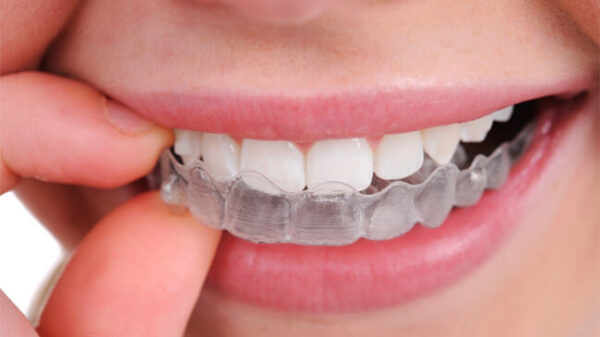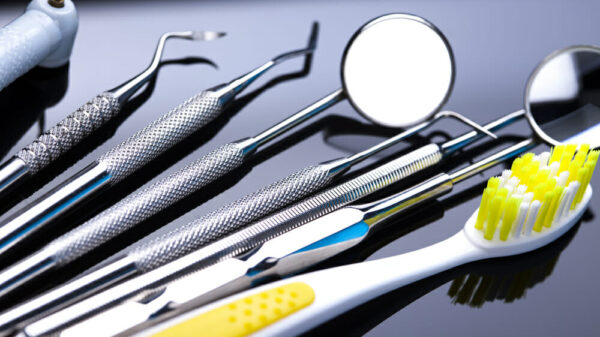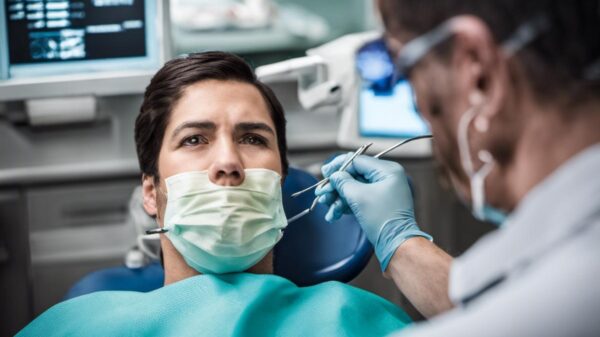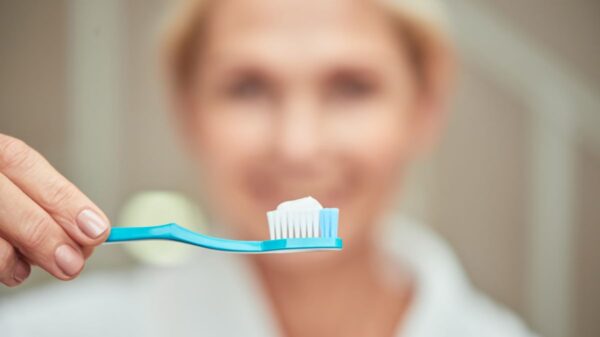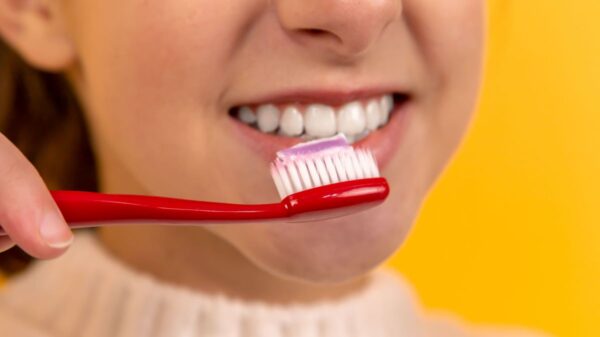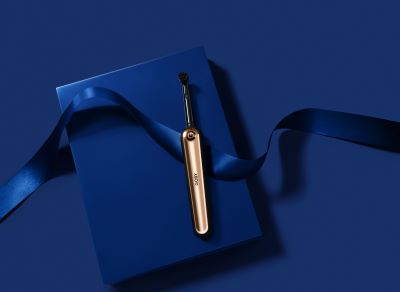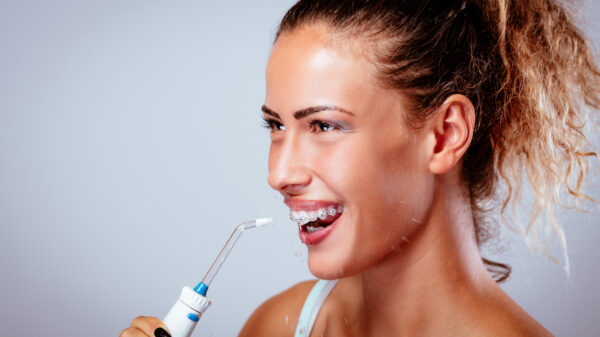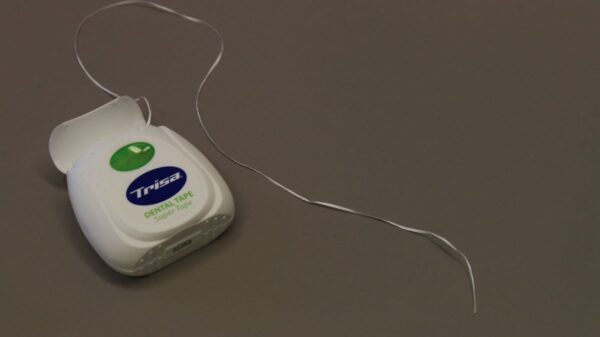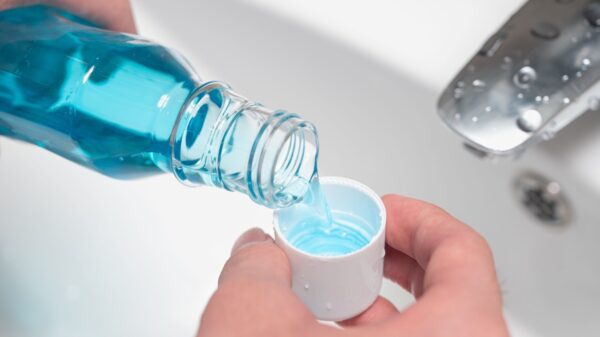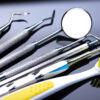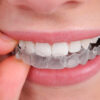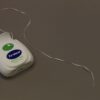How To Drink Soda After A Tooth Extraction
One might not immediately associate tooth extraction with a temporary halt on a fizzy favorite soda, yet it is a critical aspect of successful dental aftercare. Our dental health not only impacts our comfort and functionality but also plays a vital role in overall wellness. Dental aftercare, particularly after a procedure like tooth extraction, can often dictate the overall success of the procedure and future oral health. A primary component of this involves understanding the potential dangers of certain beverages, notable among these being soda.
Understanding Dental Aftercare
The Importance of Dental Aftercare Following a Tooth Extraction: Unpacking the Why and How
Hey there, wonderful families! Today let’s delve into an important, albeit often overlooked aspect of health care in our households – dental aftercare following a tooth extraction. It might not sound as glamorous as our regular conversations around family lifestyle or crafting Pinterest-worthy homemade dinners, but believe it or not, this is a topic that warrants our focused attention. Buckle up as we unravel why aftercare is essential, and some straightforward tips to do it right.
Regular dental check-ups keep our chompers healthy, robust, and let’s not forget, sparkling. But there are instances, be it due to injury, decay or even orthodontic concerns, when a tooth extraction becomes necessary. While this procedure is typically swift and meticulously carried out by professional dentists, the follow-up care at home is as crucial to ensure a smooth recovery and prevent any complications.
One of the key reasons why aftercare matters so much is that tooth extraction leaves behind an open wound, creating a temporary pathway for nasty bacteria to the bloodstream. The right aftercare helps maintain cleanliness and ward off these uninvited bacteria. Moreover, it aids in forming a good blood clot – an essential first step in the healing process. Without proper aftercare, there’s a risk of a condition called ‘dry socket’, which can be severely painful, lasting for days or even weeks.
Now that we’ve established the whys, let’s address the hows. Here are some simple yet effective aftercare tips:
- Bite on a Gauze Pad: After your extraction, keep the dentist-provided gauze pad in place for 3-4 hours, biting down gently to help curb bleeding and encourage clot formation.
- No Strenuous Activity: It’s best to take it easy for at least 24 hours. Strenuous activities might provoke bleeding.
- Keep Head Elevated: Propping up your head with pillows while sleeping aids in minimizing swelling, a common post-extraction occurrence.
- No Smoking or Drinking: Avoid smoking and alcohol for the first 24 hours at least as these can hinder the healing process.
- Eat Soft Foods: Stick to soft foods like soup, yogurt, or pudding initially. Gradually reintroduce solid foods as your mouth heals.
- Rinse with Warm Salt Water: Doing this gently, a few times daily, starting 24 hours post-procedure, helps keep the extraction site clean.
If there’s one thing family life has taught us, it’s that nurturing is all about looking after the finer details. Effective dental aftercare embodies this essence perfectly, promoting not just oral health but an overall well-being. Remember, when it comes to health, every little thing counts, and taking care of a smile after tooth extraction sure warrants our full care.
Before signing off, consider chatting with your dentist about the best aftercare practices. A personalized approach always makes a world of difference! Until next time, keep those family smiles healthy and vibrant!
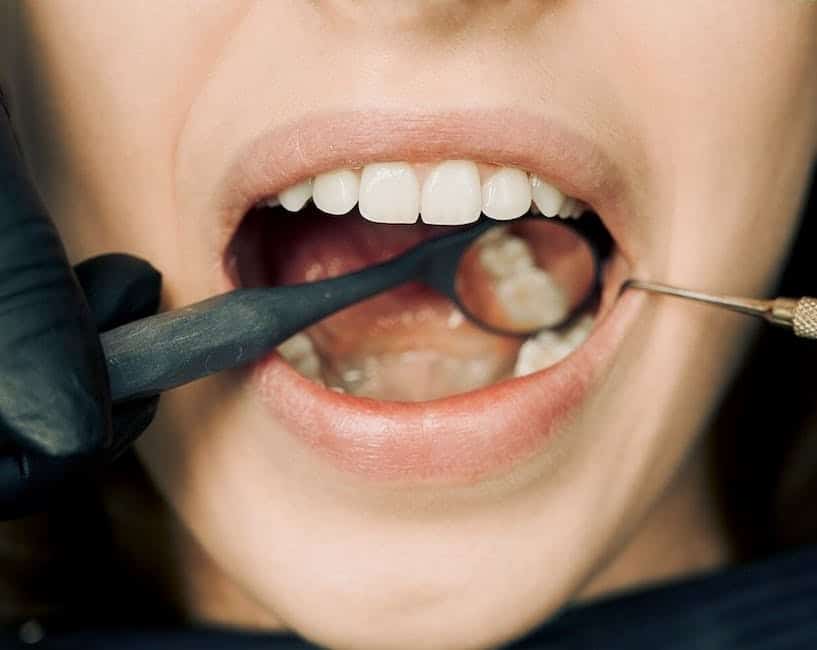
Implications of Drinking Soda After Tooth Extraction
The Impact of Soda Consumption Following a Tooth Extraction
We’ve explored important aspects of dental aftercare, like avoiding strenuous activity, keeping the extraction site clean, and maintaining a diet of soft foods. But there’s another tip we haven’t yet touched upon and it concerns what you drink after a tooth extraction, specifically, the implications of drinking soda.
Soda, a popular beverage found in most households, is often quaffed without much thought. However, after a tooth extraction, consuming soda can significantly impact the healing process. It’s quite remarkable how this fizzy drink has implications that extend beyond the usual health concerns like obesity and sugar content.
One of the major concerns is related to the carbonation in sodas. This fizziness can disrupt the newly formed blood clot at the extraction site—your body’s natural band-aid protecting the gaping wound. Disturbance in the blood clot could prolong the healing time or even lead to dreaded ‘dry socket’. The bubbles in soda can untangle the clot and reveal the sensitive bone and nerves underneath, leading to extreme discomfort and potential infection.
Moreover, the hefty sugar content in most sodas is another concern. The appeal of soda lies in its sweetness, but this sweetness, unfortunately, is an open invitation for bacteria to thrive. These microorganisms feed on sugar, increase in number, and could potentially invade the extraction site. This risk of infection, combined with the extended exposure to acids in soda, is bad news for your oral health.
Another factor to consider is the acidic content of soda. Just like citrus fruits, sodas have a high acidic content that can irritate the tender tissues at the extraction site. This constant irritation can lead to inflammation and slow down the healing process. Plus, acid attack on the exposed tissues can cause significant pain and discomfort.
Remember our earlier advice about maintaining a diet of soft foods initially? Sodas, despite being a liquid, do not fall into the category of safe foods to consume during the healing process. Sure, they might feel gentle on the mouth considering their liquid form, but the acidic and sugary qualities are what make them harmful.
Lastly, drinking soda can lead to dry mouth. Sodas contain caffeine, which can dehydrate you and cause a decrease in saliva production. Saliva is crucial for healing as it contains enzymes that aid in tissue repair and growth. However, dry mouth can hobble these natural healing abilities of your mouth.
Now, we’re not suggesting you ban sodas entirely from your life—although that might not be such a bad thing for overall health. In the context of a tooth extraction, though, you’d do well to give your favorite fizzy drinks a miss at least for a week or two. Lean towards more wholesome liquids like water, non-citrus fruit juices, or milk to aid your recovery.
Remember, your mouth has gone through a mini-battle with the extraction, and like any warrior, it needs time and the right conditions to heal. So, keep that can of soda in the fridge for now, and give your mouth the gentle care it deserves after it has won you your battle against dental issues.
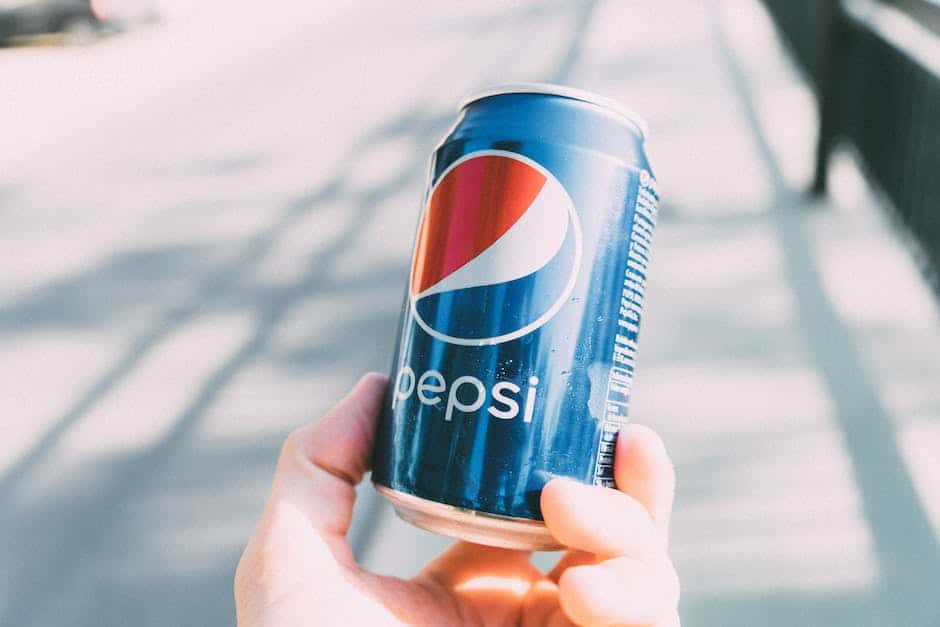
Alternative Options for Hydration
Hydration for Healing: Quenching Thirst After Tooth Extraction
Going through a tooth extraction can require a whirlwind of adjustments, especially in the diet department. As a loving parent, navigating such changes can be tough, but don’t worry – alternative hydrating options can help your family member maintain optimum health while ensuring a smooth, natural healing process. Here are some suggestions to keep you feeling nourished and refreshed!
1. Water: Always Your Best Bet
Water is the universal best hydrator and it’s crucial for body function and healing. It helps in flushing away harmful bacteria potentially lingering in the mouth, while maintaining general body hydration. Keep a water bottle handy to ensure convenient and regular sips.
2. Say Hello to Herbal Tea
Herbal teas might sound boring to some, but they come with benefits aplenty. Chamomile tea has anti-inflammatory properties that can reduce pain and swelling following a tooth extraction. You can also consider peppermint tea: it not only soothes the healing tissues, but may also help with that on-edge nausea some might have after surgery!
3. Coconut Water: Delicious and Nutritious
If you’re seeking a flavorsome and healthy way to quench thirst, choose coconut water. It’s rich in essential electrolytes like potassium and magnesium, which can aid faster healing. It’s also low in sugar and a bit more interesting than plain water — a win-win, truly!
4. Vegetable Broths: A Warm Embrace
Vegetable broths provide hydration while giving a comforting warmth. They also offer a host of beneficial minerals and vitamins, promoting better overall wellness. Just make sure the broth is not too hot, you don’t want to dislodge the all-important blood clot.
5. Milk: A Hydrating Companion
Depending on your sensitivity, milk could be an excellent hydrating option post tooth extraction. Not only does it provide hydration, but it also fuses nutritive value into each sip. Milk is rich in calcium and vitamin D, supporting bone health and overall wellness.
6. Smoothies: Fruity Delight
Smoothies offer a delicious combination of taste and health. You can combine a host of fruits with cold milk or yogurt, creating a nutrition-packed hydrating option. Make sure the consistency is light and easy to drink through a straw, straws can navigate liquids away from the extraction area, reducing direct contact and possible irritation.
When exploring these hydrating alternatives, remember that maintaining a good hydration level is essential for natural recovery post tooth extraction. Be sure to listen to your body and drink when you’re thirsty. Hydration shouldn’t be a chore, but rather a fulfilling and comforting part of your healing journey. Above all, remember that the care and love you put into your recovery process is the best anecdote for any aches and pains you may encounter along the way.
Life after a tooth extraction is an adjustment, and considering the ingredients of the beverages we drink is part of that process. Soda, while a common choice, can pose problems to the healing mouth due to its acidity, carbonation, and sugar content. The use of healthier alternatives helps protect your oral health and promote expedited recovery. With these sugar-free and dentist-recommended options, not only does the extraction site heal better, but overall oral health has the potential for improvement. Educate and choose wisely for the sake of your smile, it represents and affects you more than you might realize.




